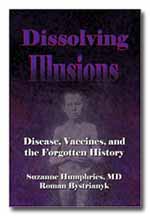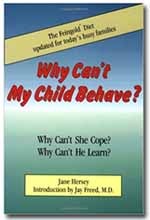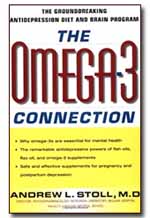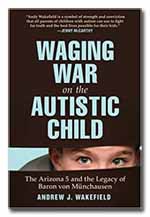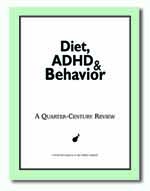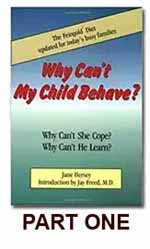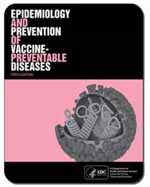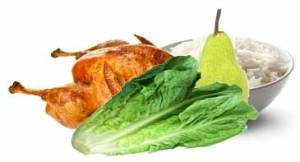 Nederlandsch tijdschrift voor geneeskunde 2002, Dec 28;146(52):2543-7.
Nederlandsch tijdschrift voor geneeskunde 2002, Dec 28;146(52):2543-7.
36 boys and 4 girls, diagnosed with ADHD, were put on an oligoantigenic (few foods – rice, turkey, pear and lettuce) diet for two weeks. 9 children (23%) withdrew from the study because of illness or inability to stick to the diet. 25 of the original 40 children (62%) showed an improvement in behaviour of at least 50%. Among the 15 children with both parent and teacher ratings, 10 (66%) responded both at home and in school.
CONCLUSION: “In young children with ADHD an elimination diet can lead to a statistically significant decrease in symptoms.”
NOTE: This study was done in Holland where a Feingold Foodlist is not available. Their diet was very much more limited than the usual Feingold diet.
NOTE: Since 9 children dropped out, the number of children who completed the 2-weeks trial of the diet was only 31. Thus, 25 children improving out of 31 (rather than 40) would be 80.6% of those who tried it, not 62%.
NOTE: Two weeks is a very short time for a diet trial. Many children take that long or longer to begin to improve, and some actually get worse for a while first.






